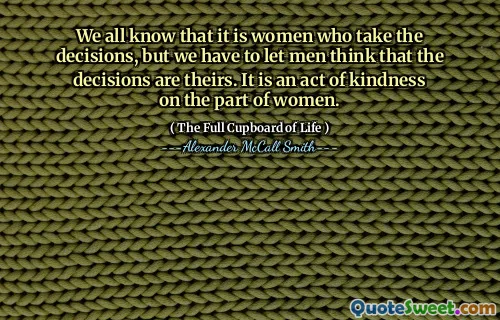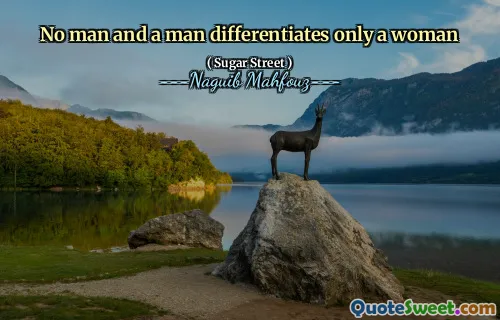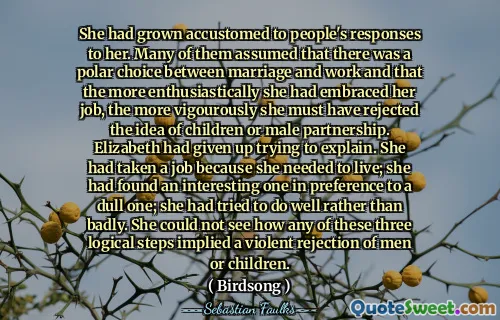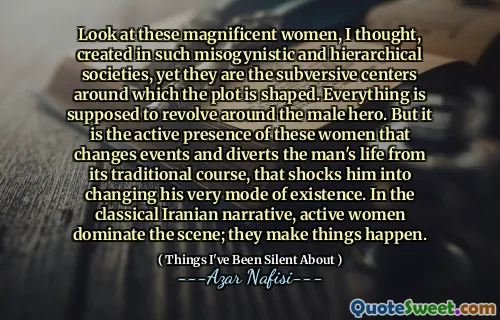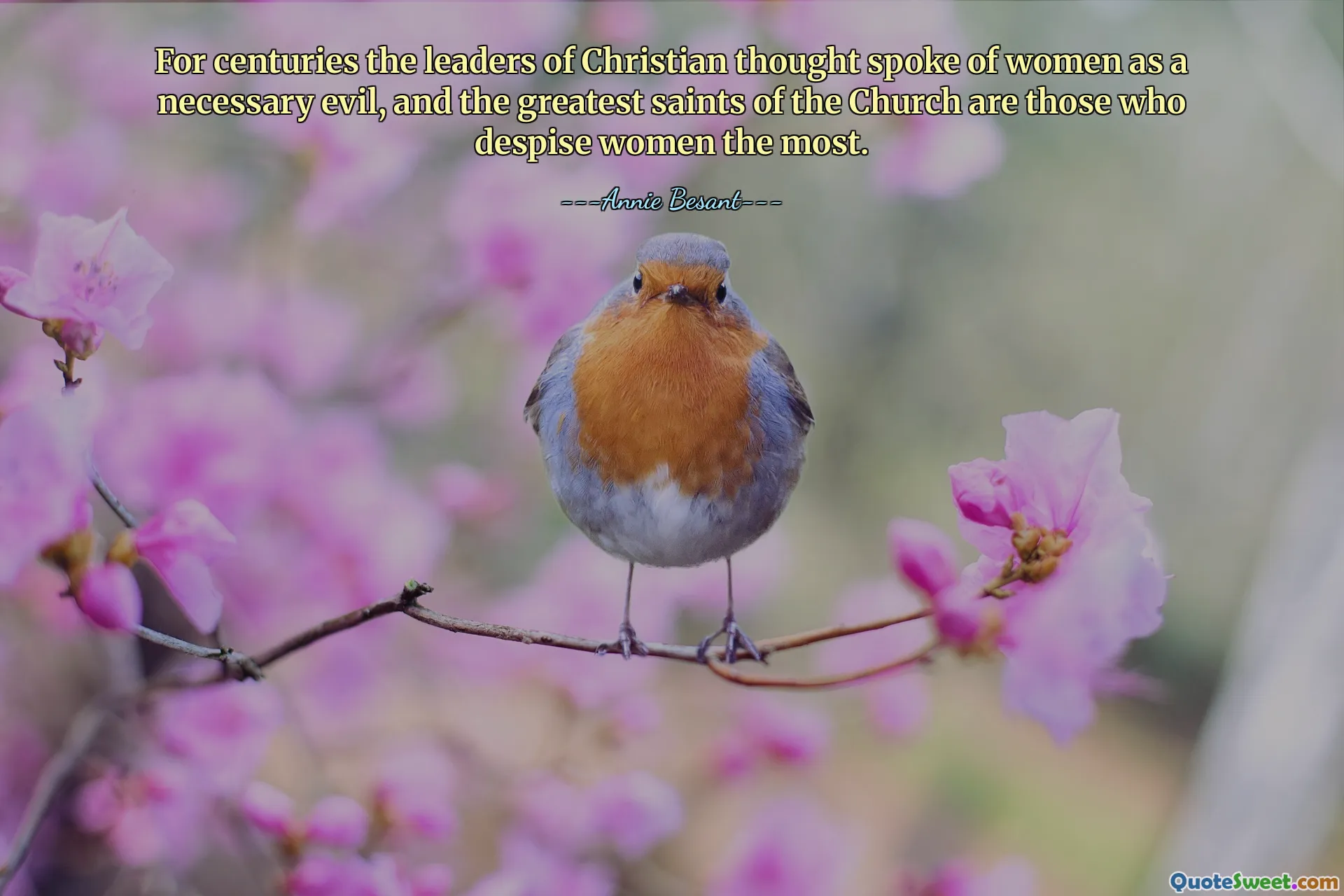
For centuries the leaders of Christian thought spoke of women as a necessary evil, and the greatest saints of the Church are those who despise women the most.
This quote confronts a long history of gender bias rooted in religious and cultural traditions. It highlights how, over centuries, dominant religious narratives have depicted women in a negative light—viewing them as inherently problematic or less than men. Such portrayals have inadvertently reinforced stereotypes that women are a 'necessary evil,' which suggests a grudging acceptance rather than genuine respect or equality. The mention that the greatest saints despised women as well underscores how revered figures within the church sometimes perpetuated these biased views, potentially influencing societal perceptions for generations. Reflecting on this, it's evident that much of the gender disparity and inequality we observe today can trace its roots back to such entrenched beliefs and teachings. Recognizing this history is vital in understanding the ongoing struggles for gender equality and the importance of critical examination of religious doctrines and cultural narratives that may continue to oppress women subconsciously. Moving forward, embracing a more inclusive and respectful understanding of gender, free from historical prejudices, can foster a society that values all its members equally. It invites us to challenge traditional views and to work towards a future where spiritual and moral teachings uplift rather than diminish the dignity of women.
---Annie Besant---






